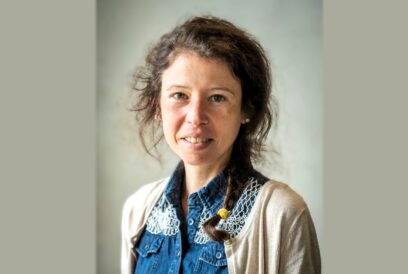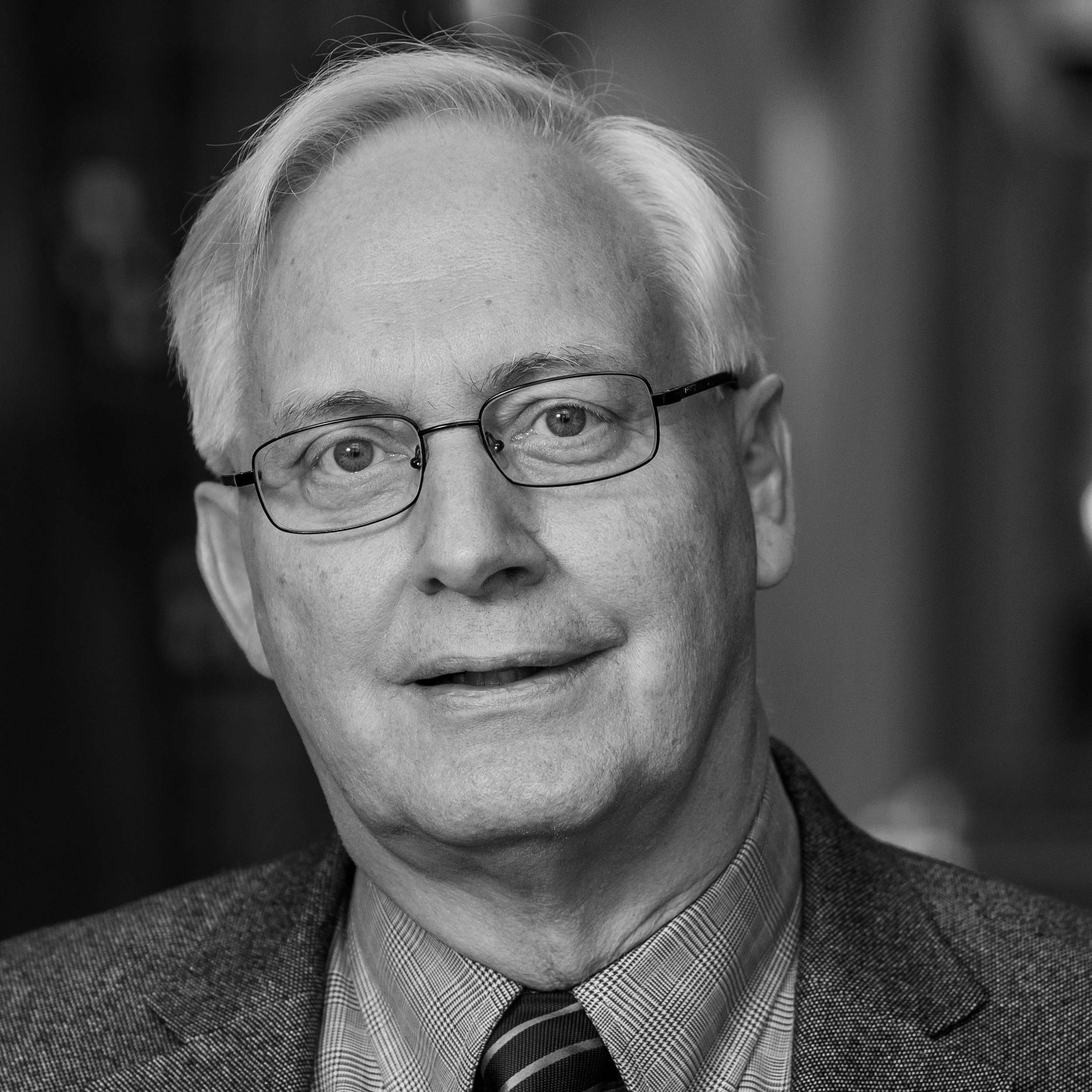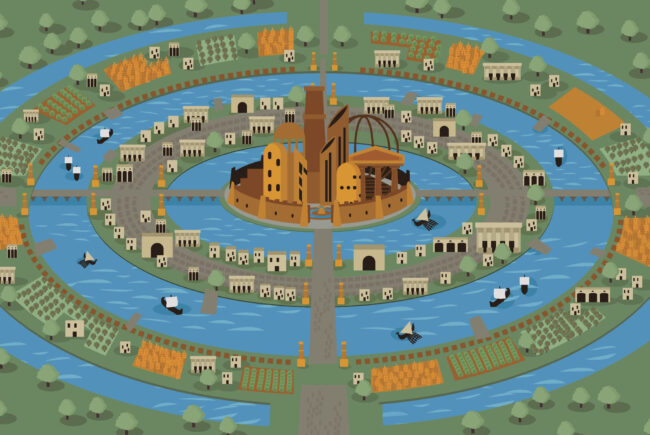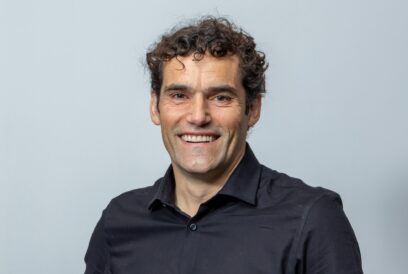
atlantis circles islands lost civilization
The recent UNESCO report is calling us all to rethink our understanding of what education and lifelong learning mean, writes Jon Torfi Jonasson in his essay.
In the past 50 years, UNESCO ‒ the United Nations educational, cultural and scientific organisation ‒ has published three seminal reports encouraging, even demanding, education to be placed as a prime social priority at both local and global levels.
The first report, Learning to be, was published in 1972, the second, Learning: The Treasure Within in 1996 and the third, Reimagining our futures together: A new social contract for education in 2021.
This latest report challenges us to think anew about what education really means, whom it is for and how it should be conducted.
My interpretation of the fundamental message of the report is this: we must think again about how we ensure education for all and notably, at all ages.
We must be prepared to rethink all aspects of education, which is not easy and is perhaps the most important social task we are entrusted with. In the process, society must accept its responsibility for education throughout life. Education must also be particularly sensitive to overcoming social inequalities, to the extent to which it can contribute to this task.
The report also takes a serious look into the far future and emphasises the role education should play in constantly empowering societies and its members to address old and new challenges.
Finally, there is a clear, strong and far-sighted emphasis placed on the importance of lifelong learning.
Reimagining education requires a critical perspective
What might reimagining education mean and demand?
As an academic in education, I have addressed all educational levels – preschool, primary, secondary and upper secondary education, both academic and vocational, and also higher and adult education.
For several years, I ran a programme on education for adults. Thus, the broad perspective taken by the report and the call for commitment towards lifelong learning are closely harmonised with my own views.
It is worth noticing that, in the UNESCO report, the term transformation is used rather than development, change or reform.
To me, reimagining education refers to critically re-examining its aims and understanding how they must be renewed and broadened to become truly inclusive.
Concurrently it refers to the content of education, how a wide variety of new ingredients must constantly be added to the educational curricula, often replacing older ones. It also refers to the ways in which education is conducted.
The report suggests that we should understand and take seriously the multitude of challenges our world and simultaneously local communities are facing.
We should also recognise how fast things change, not only during military atrocities, a pandemic or a banking crisis. Some changes are clearly visible, such as those related to migration, climate or technology, but many are not. They are still taking place and apparently at an increasing pace.
I see three main challenges for the future of education that deserve to be focused on.
One relates to when education should happen, or what we mean by lifelong learning, and how seriously we want to take the concept. Another asks who should be responsible for ensuring education for the life course, or should the state be responsible for education throughout life?
The third is, what should be the aims and content of education at different phases of lifelong education?
The concept of lifelong is becoming a necessity
Education is a lifelong task for the learner. Even though lifelong learning has for a long while been recognised, perhaps partly for ethical reasons (it looks right and just), it is gradually emerging as an absolute necessity.
Education for the young is as important as ever, but it is equally so for people of all ages. We must now ensure that the crucial project of providing education to the young must not crowd out the urgent call for education at different ages.
Knowledge and understanding about technological, cultural, social, political, ethical and natural issues are developing at a speed that is difficult to grasp. This development applies to concerns and dilemmas that are crucial challenges for all.
They are not only relevant for young people of school age or those who have recently entered the world of work or politics ‒ particularly not now, when large portions of many nations are now reaching the post-middle age time of life.
Striving for equal access to education has a strong ethical basis, but also a practical one.
Lifelong education should no longer be only considered an asset and something of a luxury in developed societies, but an absolute imperative for all.
As an example of this, recent decades have demonstrated how important it is for the whole population to grasp and utilise the increasing flow of new information and relevant knowledge, needed to engage in an informed democratic debate.
What is a modern social contract for education?
In most countries it is accepted that an education system must do its utmost to participate in alleviating social injustices. There are limits to what education can contribute, but it can make a difference.
Striving for equal access to education has a strong ethical basis, but also a practical one. The less inequality the better societies function in practically every way.
For many, ensuring equality should be the preoccupation of the basic education system. All children should have equal rights and thus access to good education. This view concerning children is accepted by a huge majority of people in most if not all parts of the globe.
However, we know very well that the problem does not disappear when people grow past school age. It persists, and inequalities may even grow. As the importance of lifelong learning becomes better understood, so grows the understanding that society, also for its own sake, must ensure the motivation and access of everyone to education.
When taking a bird’s eye view of our education system, it is obvious that the education of adults is most comprehensively organised for those who can successfully engage in higher education. Rethinking this is an important part of reimagining education.
Lifelong education should cater to everybody, perhaps especially to those who need assistance in grasping what is happening around them. In fact, most of us do.
Society must ensure not only equality of access to education for all ages, but equality of the benefits reaped in connection with it. Thus, it is important to understand and accept that “basic education” must not only be constantly renewed but also systematically constructed to cater for lifelong learning for all.
To me, this is what a modern social contract requires. A highly developed and ambitious system of higher education is by no means sufficient, if we are to cater for the demands of a sustainable, equitable modern society. An education system for lifelong learning must reach all.
Reimagine aims and content
In the process of rethinking and developing education, we must totally rethink what is important and why. In the process, certain educational myths ought to be dispelled. This is a surprisingly difficult task.
Gaining expertise for the world of work may be important, but this arena is changing constantly. Other aims related to personal development, the culture of living and communicating with others and contributing to a healthy democratic society are no less important.
The multifunctionality of education must be thoroughly acknowledged when we reimagine education.
Of course, new challenges constantly arise. A major one for modern education is recognising messages or material that are wrong, misleading, or often all of these. This concerns everybody.
The most problematic myths, I find, relate to curricula, more precisely to the notion of the basics of any subject.
People of all ages can relatively quickly gain a thorough understanding of concepts and tools, ranging from dietary issues to viruses, from literary, financial, political or ethical issues to complex technologies and art forms.
This means that the education of all adults is becoming a social concern on a par with that of basic education.
As Thomas Fox has shown in his research, it is possible to move to the “edge” of a field much faster than has been normally assumed. Students, novices, young or old, don’t need to go through all the basics before they tackle the interesting new questions. This is a crucial lesson for adult education.
Then there is the problem of bringing in new material, new understanding, new skills.
Much of what we have traditionally been taught is relevant, but the problem is that a lot of what we do not learn or grasps may be much more so. Mature education systems with highly developed testing structures, often with quite high stakes, find it very difficult to shift the substantive emphasis. Lifelong learning can perhaps help the established system to renew themselves.
A challenge to be welcomed
A whole section of the UNESCO report is dedicated to the notion and importance of lifelong learning, urging us to expand our understanding of “‘when’ education happens”.
“We are no longer well served by framing the right to education simply around schooling. Everyone everywhere should have a right to lifelong learning,” the report states.
But even though this message seems unequivocal, it still appears that the adult education community itself must keep the vigil. I read the report as a challenge to our community of adult educators to constantly emphasise our responsibility for hammering home the principles laid out in the report.
This report was compiled by unusually extensive consultation from all around the world, from a wide spectrum of visionaries representing very different cultures. Still, it presents a surprisingly unanimous pointed and urgent call for us to reimagine our futures together and strive for a renewed social contract for education.
The world will continue to change at an ever-increasing pace, the changes being encountered have hitherto been underestimated, and education as an institution has been slow to notice this.
It is worth noticing that, in the UNESCO report, the term transformation is used rather than development, change or reform:
“Education – the way we organize teaching and learning throughout life – has long played a foundational role in the transformation of human societies. It connects us with the world and to each other, exposes us to new possibilities, and strengthens our capacities for dialogue and action. But to shape peaceful, just, and sustainable futures, education itself must be transformed.”
This means that the education of all adults is becoming a social concern on a par with that of basic education.
This most probably demands institutional backing, far beyond what is now being given exclusively to higher education, including expertise and access to relevant, authentic and honest material in all languages.
But perhaps the most important function of this new document is its challenge to us all to take the discussion forward. The document is neither a blueprint nor a plan but a challenge for everyone, individually and together, to think and act.
The writer is a member of the Elm editorial board.
Suggested reading
Elfert, M. (2015). UNESCO, the Faure Report, the Delors Report and the Political Utopia of Lifelong Learning. European Journal of Education. 50 (1) p. 88-100
DOIs:https://doi.org/10.1111/ejed.12104
Fox, G. T. (2013). Evidence for Addressing the Unsolved through EdGe-ucating or Can Informing Science Promote Democratic Knowledge Production? Informing Science: The International Journal of an Emerging Transdiscipline (InformingSciJ), 16, 165 – 185.
Retrieved from http://www.inform.nu/Articles/Vol16/ISJv16p165-185Fox.pdf
Jónasson, Jón Torfi. (2016). Educational change, inertia and potential futures. Why is it difficult to change the content of education? European Journal of Futures Research, 4 (7) doi:10.1007/s40309-016-0087-z
Author








